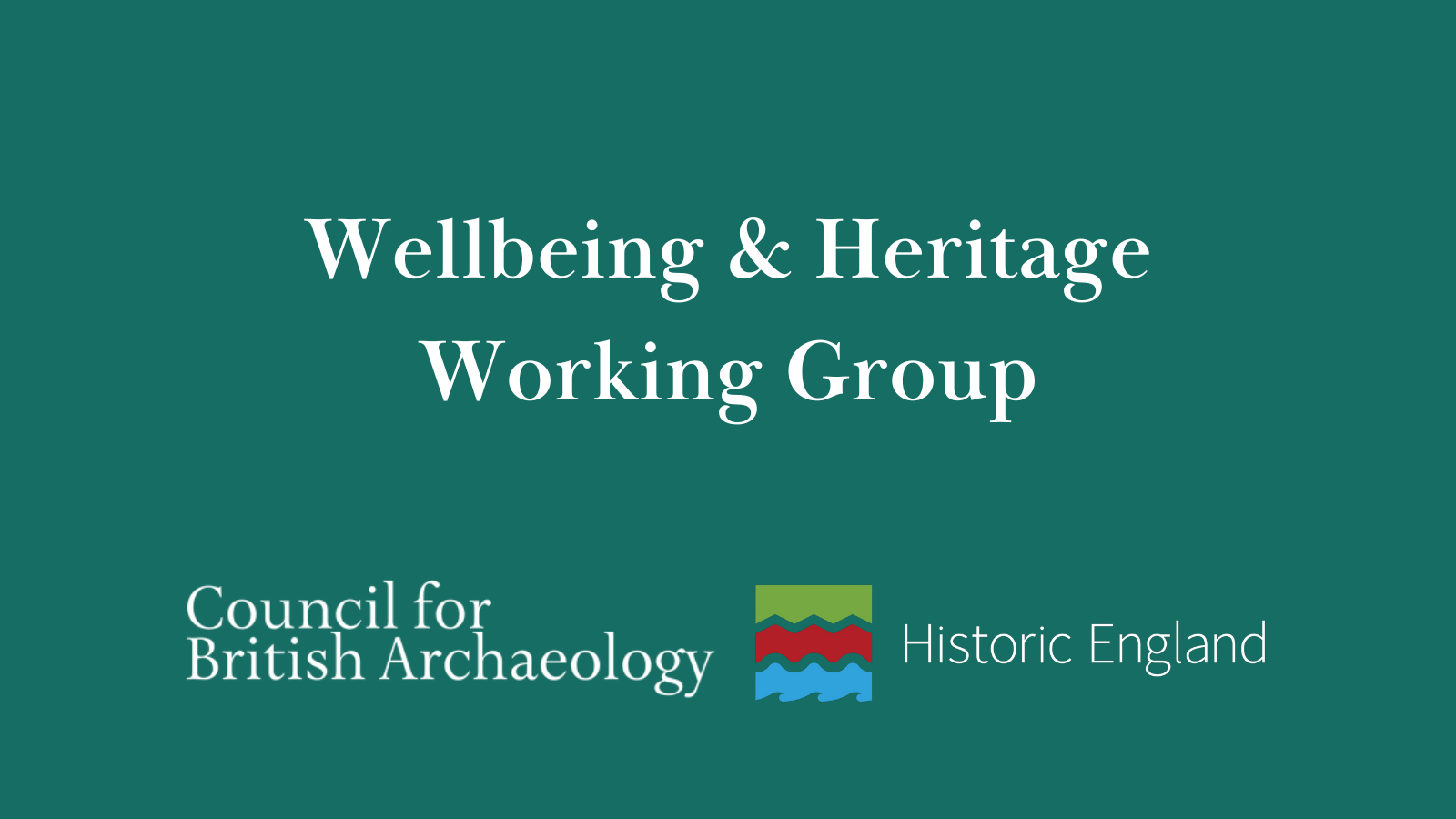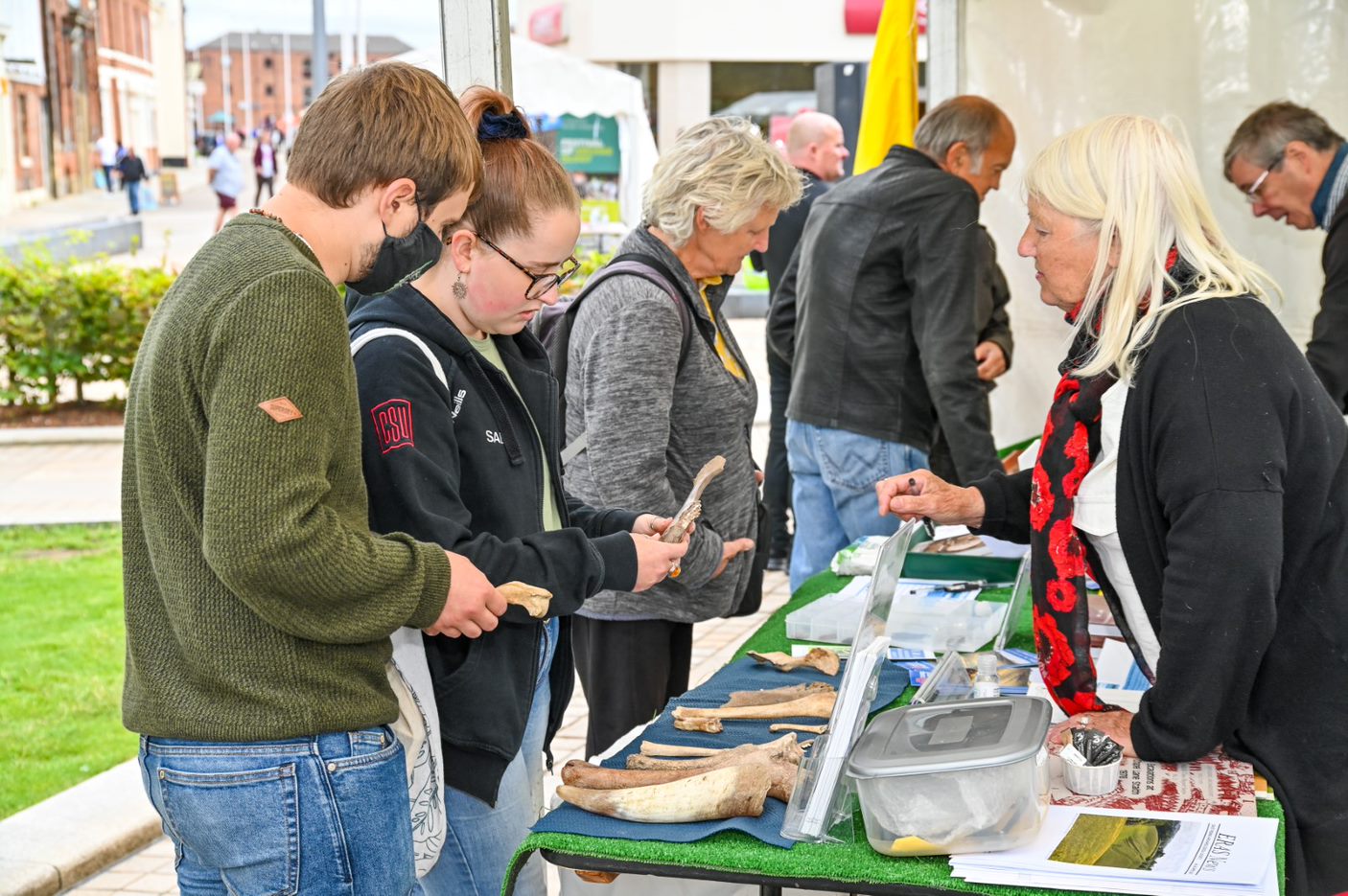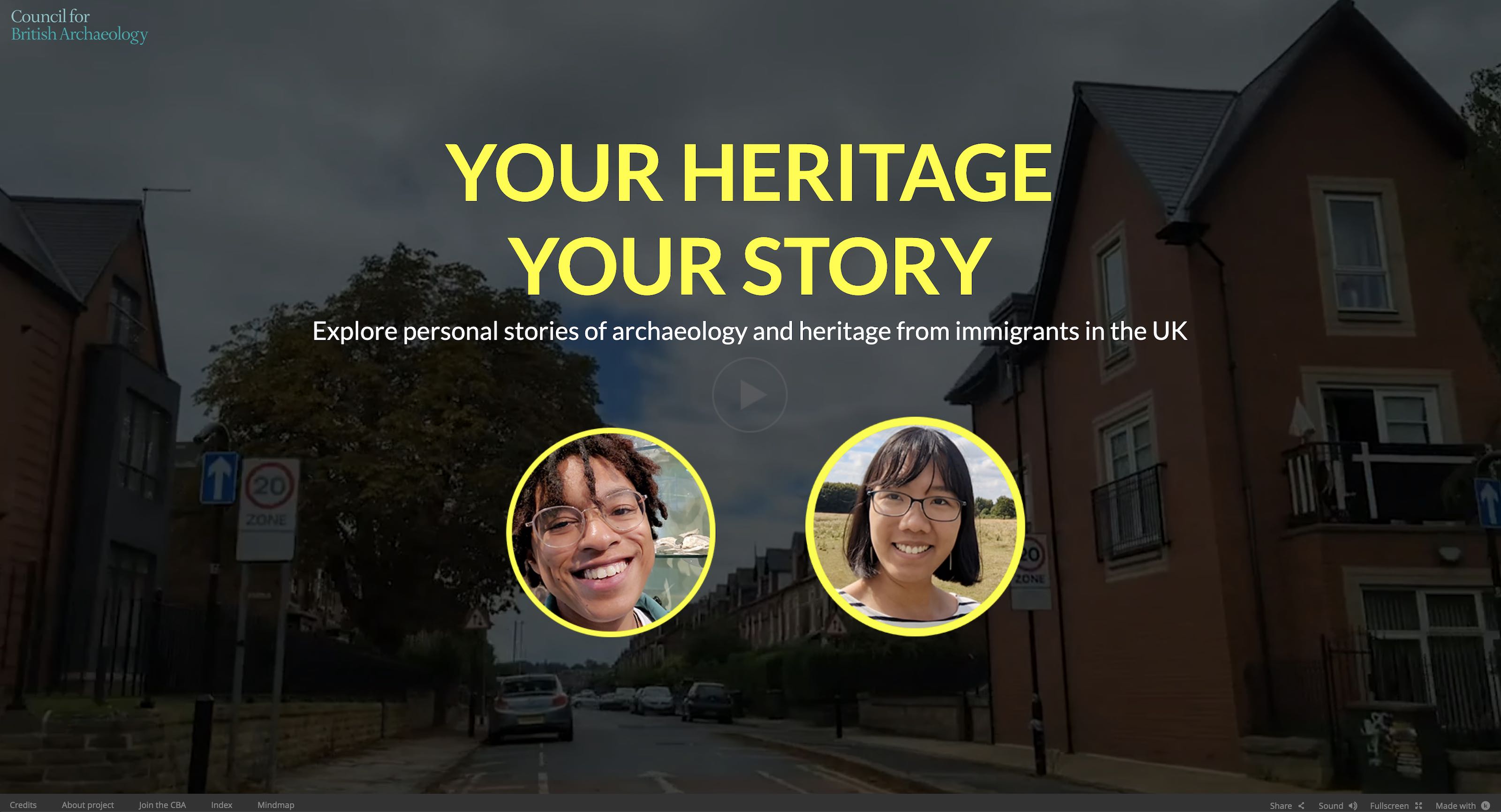
Trowel and Error (PUNS 2)
Trowel & Error: Figuring out the past together through archaeology’ is a project which explores people’s experiences and understanding of archaeological content and outputs, with the aim of helping us and the archaeological community to better understand what varying audiences hope to gain from archaeology. Following on from the original Public User Needs Survey, PUNS2 explores all of the different ways we access and share information today – including social media, open-access publications, films and blogs – and targets a broader range of audiences from professionals, grassroots groups and the wider public.
We would like to extend a heartfelt thank you to everyone who took part in the Trowel & Error survey, either digitally or on paper. The survey has now closed and we received over 2500 responses which blew us away! Your insights are incredibly valuable, and we are now in the process of examining all of these responses carefully.
We are also continuing to conduct workshops and interviews, to gather more information about peoples’ experiences with archaeological content. With funding and support from Historic England, we have been able to conduct workshops across England, from Carlisle to Plymouth. Cadw kindly enabled us to expand the project to Wales and run two workshops in Cardiff, and most recently with funding from Historic Environment Scotland, we were able to travel up to Glasgow and Edinburgh to run two workshops earlier in February. As the project wraps up, we are now focussing on delivering our online workshops and interviews to reach those we are not able to visit in person. If you took part in one of these workshops, we thank you again for your thoughtful and creative responses.
Trowel & Error is on track to have findings by the end of March, and we look forward to sharing these with you soon. If you have any questions about Trowel & Error, please reach out to the Project Researcher Liberty on email at [email protected]
PUNS2 is led by CBA working in partnership with MOLA. The project is grant funded by Historic England, Historic Environment Scotland, and Cadw, and is being undertaken as part of the 21st Century Challenges in Archaeology project (21 CAP).
Historical Projects



